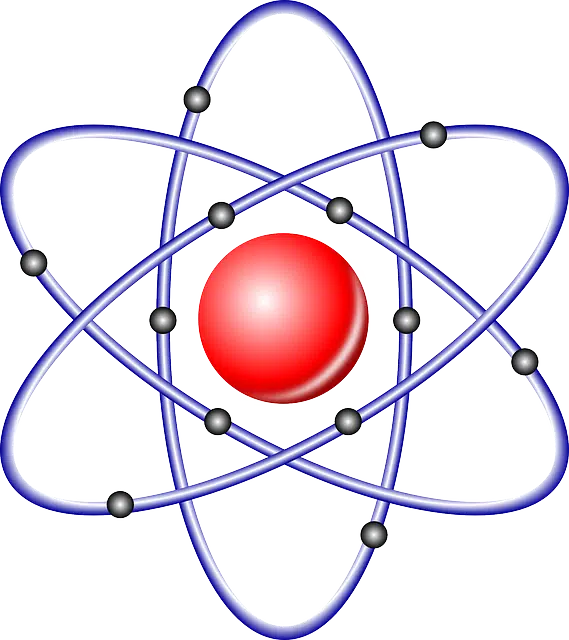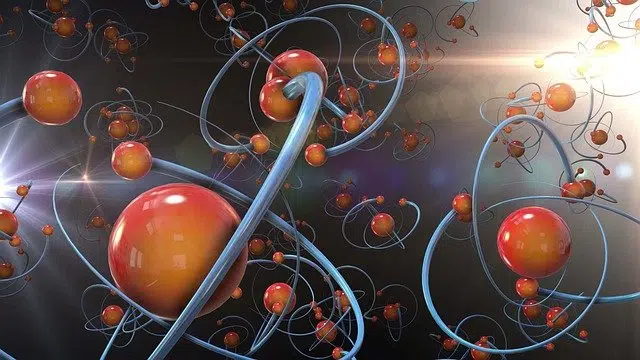
The neutron is a baryon.
The first thing to do is to proceed to determine the etymological origin of the word neutron that concerns us now. In this way, we would have to clarify that it emanates from Latin and more specifically from the word neuer , which is made up of two different parts: the prefix ne -, which is equivalent to a negation, and uter , which can be translated as "one or other".
A neutron is a massive particle with no electrical charge . It is a baryon (a subatomic particle composed of three quarks) made up of two down quarks and one up quark. Neutrons and protons make up the nuclei of atoms .
The neutron has a half-life of about fifteen minutes outside the atomic nucleus , when it emits an electron and an antineutron to become a proton. Neutrons, which have a mass similar to protons, are necessary for the stability of atomic nuclei (with the exception of hydrogen).
Discovery of the neutron
The New Zealand physicist and chemist Ernest Rutherford was the one who proclaimed, in 1920 , the existence of the neutron. In this way he explained why nuclei do not disintegrate due to the electromagnetic repulsion of protons.
Neutrons act in nuclear reactions , which occur when a neutron drives the fission of an atom and a greater number of neutrons are generated, which, in turn, cause new fissions. Depending on how this reaction occurs, it can be referred to as a controlled reaction (the moderator of a nuclear reactor is used to take advantage of nuclear energy ) or an uncontrolled reaction (a critical mass of nuclear fuel is produced).

A massive particle that has no electrical charge is called a neutron.
Different types
In addition to everything stated above, we would have to make clear the existence of another series of terms that are also based on the use of the word that concerns us now. This would be the case of a slow neutron , which is one that has the particularity that it has a speed that has the same order as that which it has, at normal temperature, which is molecular agitation.
In the same way, we must not forget about the fast neutron . As its name indicates, it is one whose hallmark is the fact that its speed is comparable to that of light.
Neutron bomb
To all this we should also add the term neutron bomb . This, also known as an enhanced direct radiation bomb, is a nuclear weapon that originated in the United States. It was created in the 1970s by physicist Samuel Cohen and is fundamentally based on nuclear fission. After a pause in its progress, it was President Ronald Reagan who supported the projects of this highly dangerous nuclear bomb.
Nuclear fission , in short, is a reaction that occurs in the nucleus of the atom. Fission occurs when the heavy nucleus splits into smaller nuclei, plus other byproducts such as free neutrons and photons. The fission of heavy nuclei, therefore, is an exothermic process in which large amounts of energy are released.
